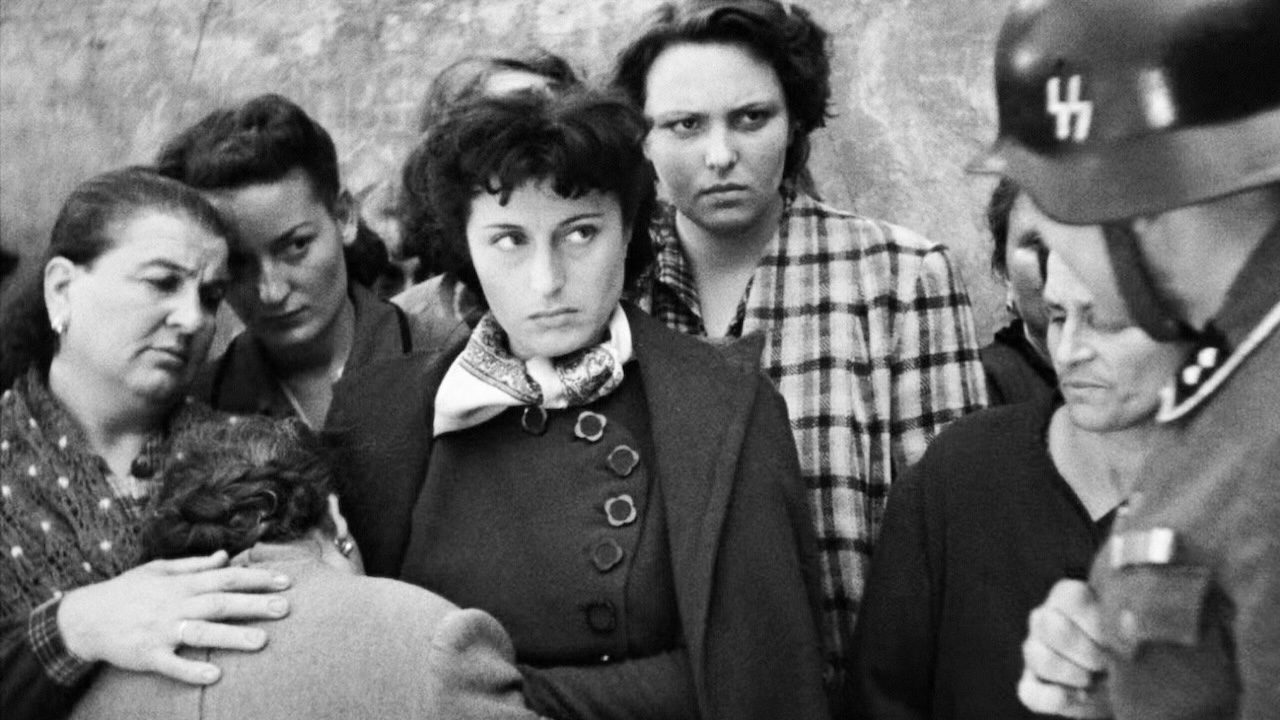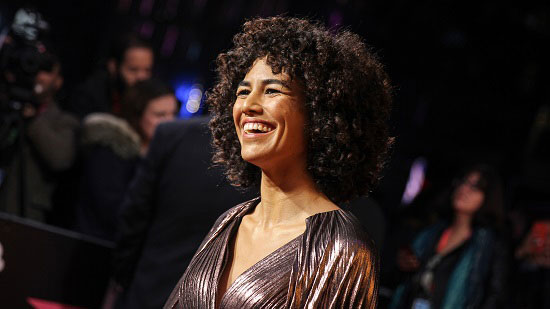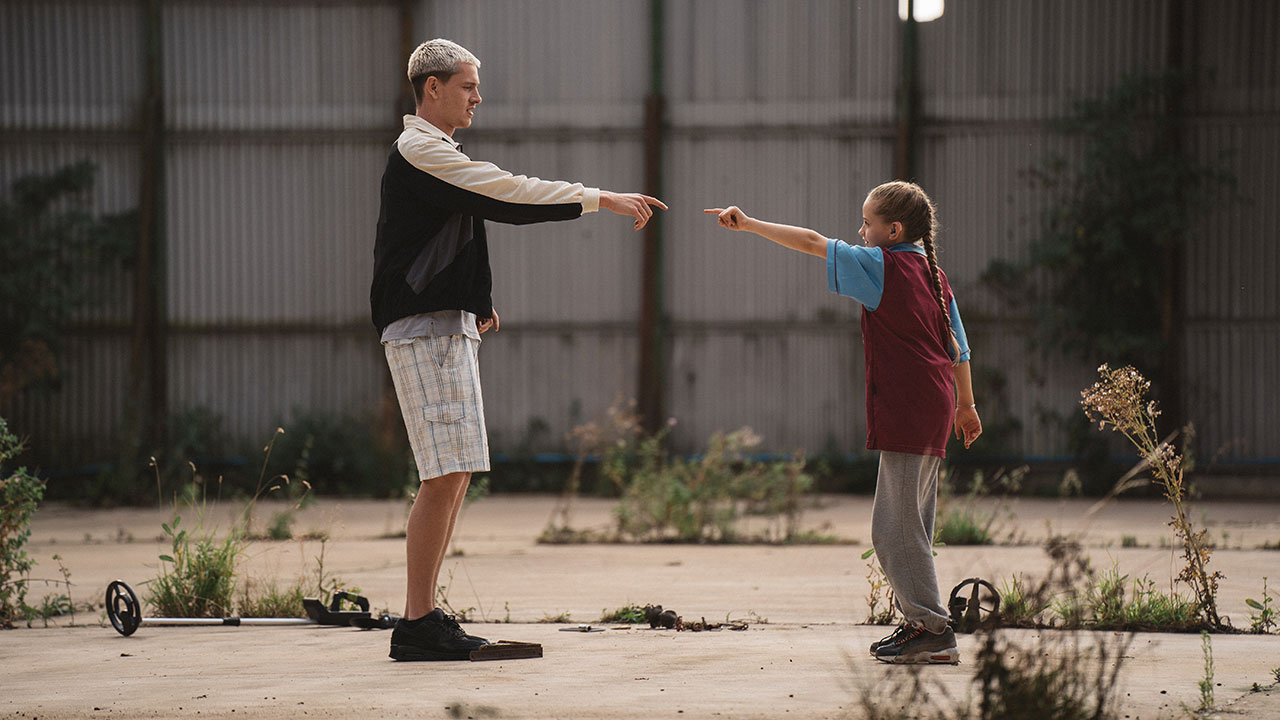- Home
- Re-releases
- Rome, Open City + intro
Rome, Open City
+ intro by Italian Neorealism season curator Giulia Saccogna
Roma città aperta
A foundational Italian neorealist film and a dramatic portrait of a city under occupation.

-
Director
Roberto Rossellini
-
With
Anna Magnani, Aldo Fabrizi, Marcello Pagliero, Maria Michi
-
Italy 1945. 103min
-
Digital 4K (restoration)
-
Certificate
12A
-
English subtitles
-
A BFI release
Rossellini subverts rules with the first instalment of the War Trilogy: this groundbreaking work, planned in secret during the Nazi occupation of Rome, and approaching its 80th anniversary, is widely recognised as the first neorealist film. Mixing fact and fiction, this story of life and death depicts the struggles of four Roman partisans during the German occupation: a working-class couple, the priest about to marry them and an intellectual. Rossellini and his collaborators (including a young Fellini) created a powerful choral story of a city dominated by fear, violence, moral degradation and the raw courage of its inhabitants. Shot on the streets of Rome, and in a makeshift studio, only six months after the liberation of the city – while Germany still occupied Northern Italy – the film features a largely non-professional cast, except for Aldo Fabrizi and a magnetic and memorable Anna Magnani. Moving seamlessly between levity and brutality, this is reality in all its vivid dynamism and the beginning of a new way of seeing in cinema.
Giulia Saccogna, season curator
Restored in 2013 by Cineteca di Bologna, CSC – Cineteca Nazionale, Coproduction Office and Cinecittà at L’Immagine Ritrovata laboratory.
See other screenings of Rome, Open City, including a Seniors’ paid matinee of the film with intro on Monday 20 May.
See our Italian Neorealism season.
BFI Film Academy Recommends
BFI Film Academy Recommends highlights films and events for young people aged 16-25, picked by the BFI Film Academy Young Programmers.
It’s so exciting to watch films like Rome, Open City, not just to appreciate how much progress we’ve made in the medium, but to respect that almost everything we now take for granted in filmmaking was, at one point, revolutionary. This was one of the first films in which average moviegoing audiences were able to see themselves reflected on the screen. In contrast to many of the Hollywood films of the time, there are no dashing leads, epic victories or grand defeats – just real people feeling real things.
Young Programmer, Matthew Igoe
Also available on BFI Player

BFI Membership
Become a BFI Member from £39 to enjoy priority booking as well as other great benefits all year round.
Join today

